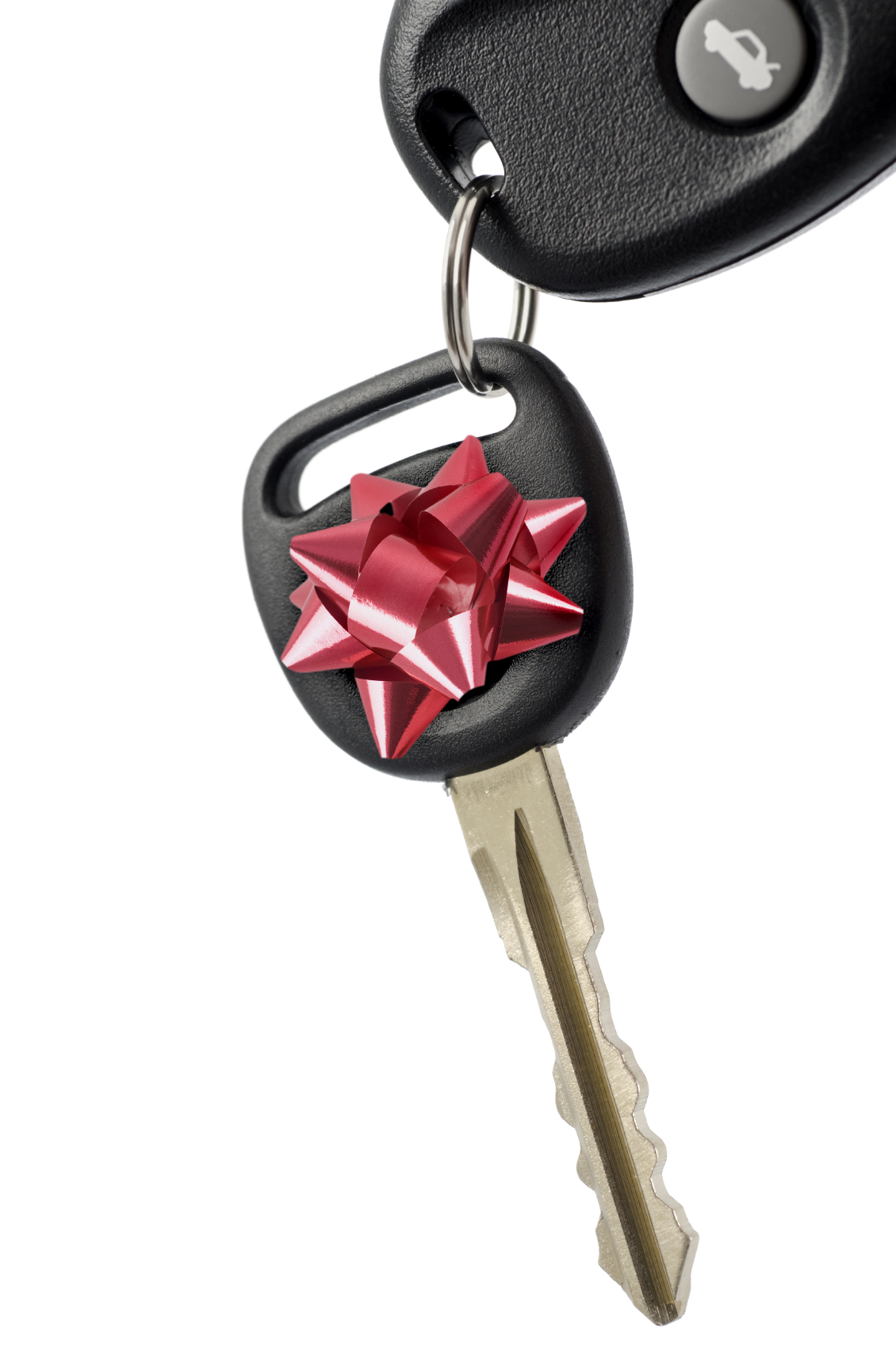 Probate is often something that people wish that they could avoid.
Probate is often something that people wish that they could avoid.
The truth is that probate is not an inherently bad thing, nor something to be fearful of. In fact, it can be a very helpful process that offers an independent entity – the probate court – to oversee and ensure that a decedent’s wishes are met.
But it is also true that there are certain situations where you would want to do some advanced planning designed to avoid probate. To get a better picture of when and why someone would want to avoid probate, let’s first review what probate is and the function of the probate court.
 Connecticut Estate Planning Attorneys Blog
Connecticut Estate Planning Attorneys Blog










